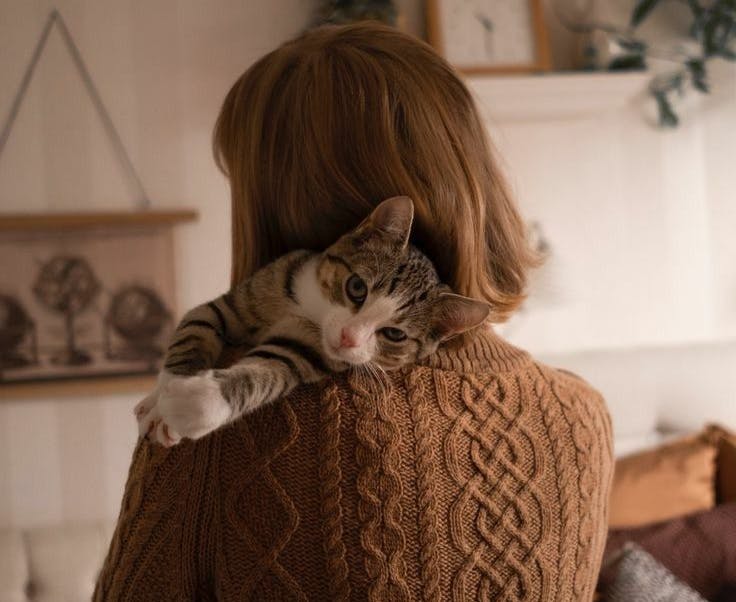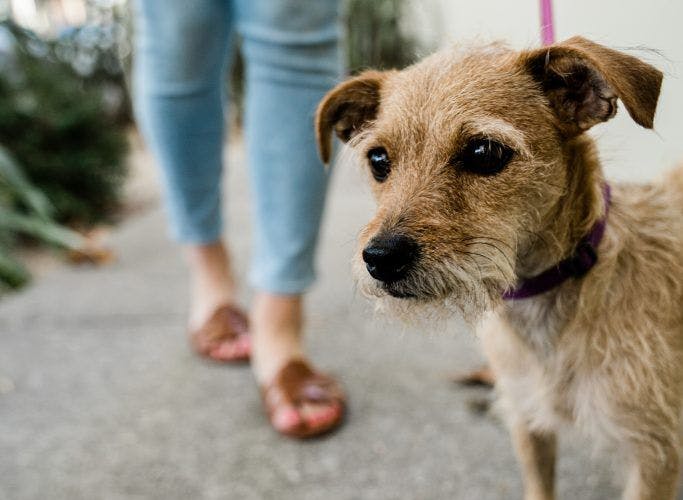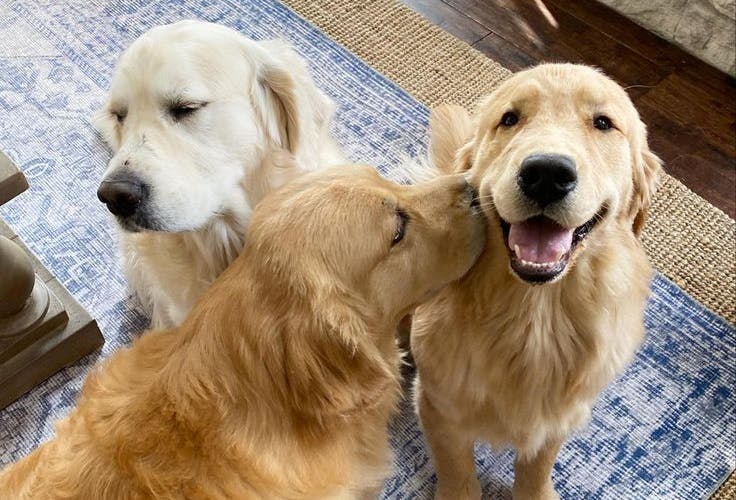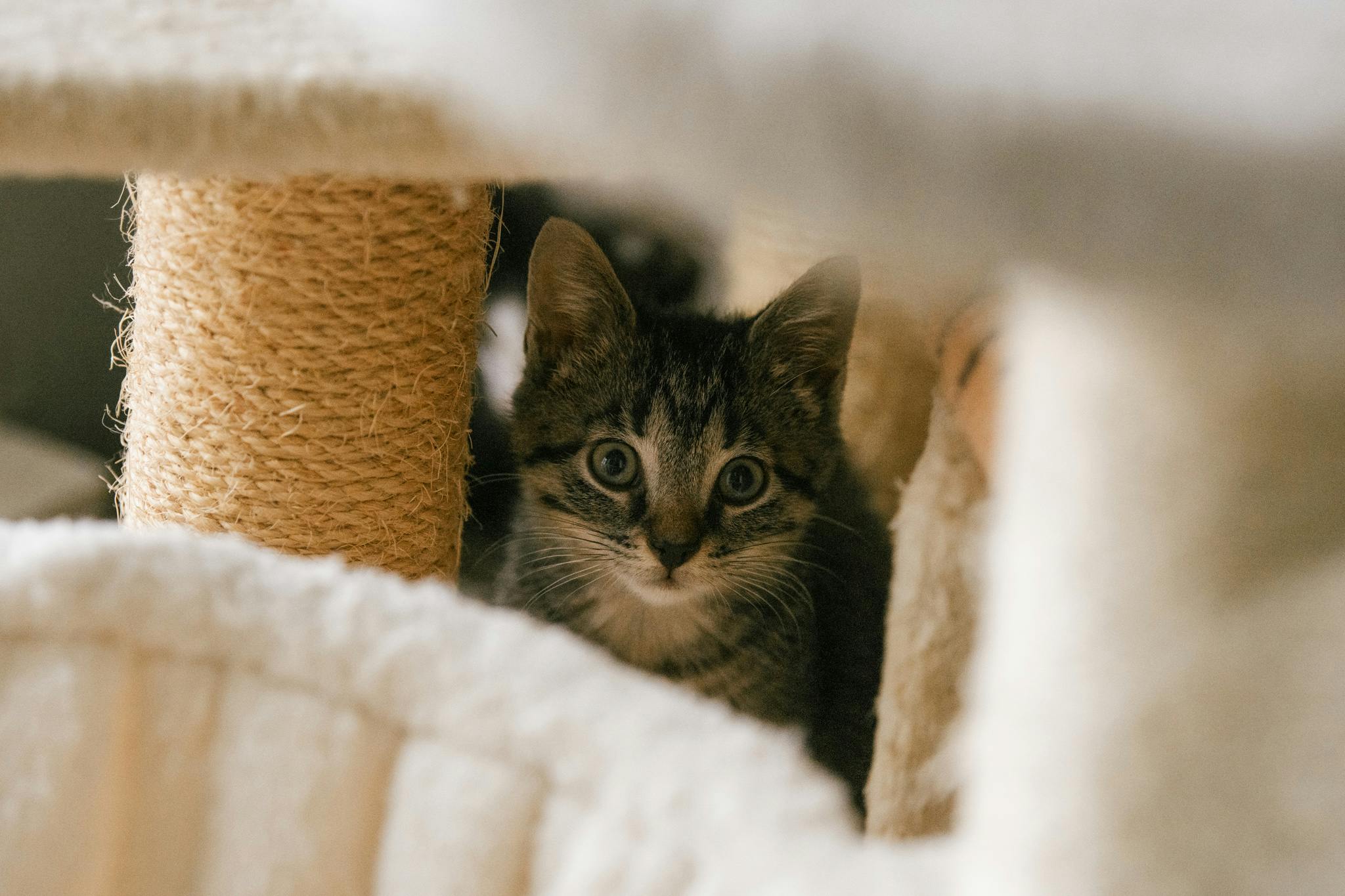Frequently asked questions about Adopting a Pet
Balu always strives to show why adoption is a better way to get a pet than buying from a breeder. However, for many, it’s a new experience, and that’s why there are still a few unanswered questions regarding adoption. Here, we aim to clarify some of the most frequently asked questions on the topic.

We often hear that animal shelters don’t actually want to rehome animals. This, of course, isn't true. Every animal shelter aims to find the best possible home for their animals, providing them with a loving and lifelong family. Not everyone who chooses a particular dog or cat, for example, is necessarily the right match for that specific animal. The same applies to small pets - some people might not be able to provide the right environment for them to thrive.
For these reasons, it’s possible that some applicants might be turned down for adopting an animal. This decision is not always easy, but it's always made in the best interest of the animal, which should be the top priority during the adoption process. After all, good intentions don’t always result in good outcomes. That's why shelter staff are very thorough when it comes to rehoming their animals.
1. How Does Adoption Work?
If you’re interested in an animal that you found here on Balu and it seems to fit your criteria, you can visit the animal during the shelter's opening hours and ask the caretakers any questions you might have. Ideally, you’ve already researched the animal’s needs and care requirements, so you know what to expect. The staff will advise you on the animal’s behavior, care needs, and any legal requirements that need to be addressed before adoption. If there are no obstacles, an adoption contract is drawn up.
2. Can I Take the Animal Home Right Away?
This varies depending on the type of animal. For small animals, it’s often appreciated if you can bring photos of the setup where you plan to keep the rabbit, guinea pig, or other small pet. If the living conditions are appropriate, you can usually take the animal home right away. It’s similar with cats—have you already prepared everything the cat needs? Is the environment suitable? Have you checked if cats are allowed in your home? If the answer is yes, you can usually take a cat home immediately. Many shelters conduct a home check before making a final decision.
The process is a bit different for dogs. The staff, who know the dogs well, often want to ensure that the interaction between the dog and the new owner goes smoothly. This means you might need to visit several times to spend time with the dog, take walks together, or attend a training session. Some shelters may also require you to visit an affiliated dog school before completing the adoption. It’s important to have the necessary paperwork, like a dog handling certificate or proof from your landlord that dogs are allowed, already in place.
3. What Do I Need to Bring?
You'll need your ID and a suitable carrier, depending on the type of animal. For dogs, you may need a leash and collar, a copy of the dog handling certificate for certain breeds, and a landlord's permission if applicable. For regulated breeds, you’ll also need a permit from the veterinary office and proof of liability insurance. Don’t forget the adoption fee and, of course, your time.

4. Why Is There an Adoption Fee at the Shelter?
The adoption fee helps animal welfare organizations cover some of the expenses involved in caring for the animals. Costs for vaccinations, deworming, flea and tick treatments, microchips, and the EU pet passport are incurred before adoption.
The shelter feeds the animal, treats any illnesses or injuries, and spays or neuters the pet if necessary. Altogether, this can cost the shelter up to €1,000 or more per dog or cat.
Additionally, the fee acts as a safeguard for the animals. As the name implies, the adoption fee is meant to protect the animal. It gives the pet a certain value and aims to prevent impulsive adoptions. At the same time, the fee reduces the risk of people returning the animal to the shelter or, in the worst case, abandoning it.
5. Are All Animals at the Shelter Vaccinated and Microchipped?
Generally, yes. The shelter will provide detailed information about the vaccinations for each animal during the adoption process. The shelter usually also handles the registration of the animal to its new owner.
6. You Already Have a Pet and Want to Adopt Another?
Regardless of how friendly your current dog is, it’s crucial to test beforehand if your pet will tolerate other animals in its immediate surroundings. Invite other dogs to your home beforehand to see how your dog reacts.
7. Why Are Home Checks Done After Adoption?
Home checks are conducted for the benefit of both the pet and the owner. The shelter staff can see how the animal is settling into its new environment and whether it feels at home. Depending on the situation, they can offer additional advice to improve things if needed. Owners also have the opportunity to get support through this contact if questions or concerns arise that weren't anticipated earlier.


The Intelligence Of Cats
What goes on in our whiskered friends' minds?
That is the question. Forget Shakespeare and Hamlet—today The Better Cat is sharing their latest insights about the intelligence of cats. Sounds much more exciting, doesn't it? 😻

How To Successfully Acclimate Cats To New Things
This article offers a comprehensive guide to socializing and habituating cats, helping them get used to new people, other animals, and various environmental influences. This is important for your cat to lead a happy and relaxed life.
Latest
From our blog
The latest industry news, interviews, technologies, and resources.